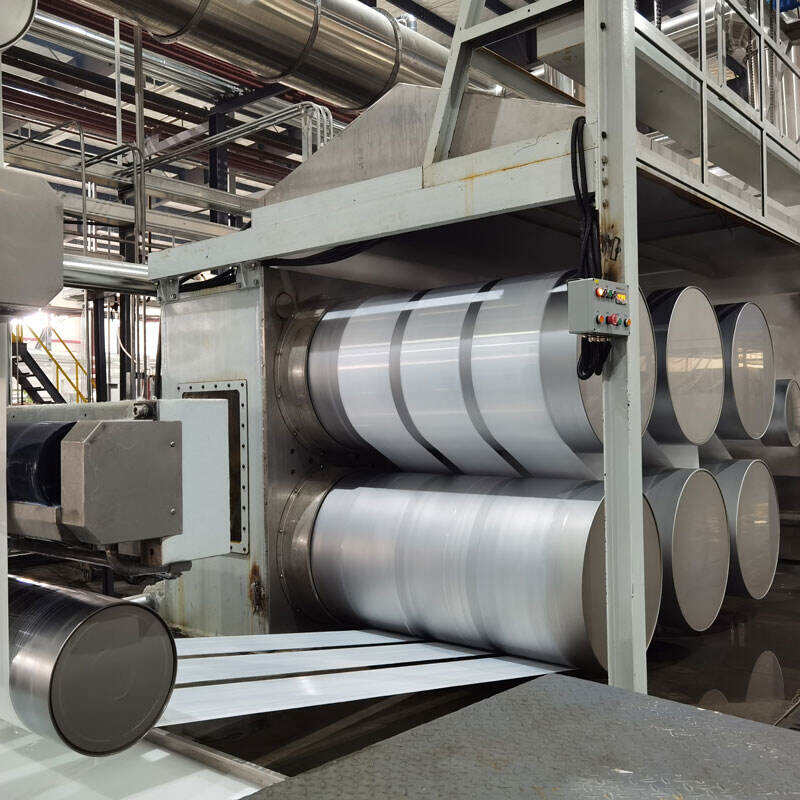
Polyester Staple Fiber or PSF has become a mainstay of the international textile and nonwoven industries. However, this increase in demand for PSF is also accompanied by the need for optimal efficiency in the production methods used. A PSF production line is one such equipment which aims to enhance and facilitate the production of these materials, mass insulation fibers in this case, to the market at the right time, proper quality and adaptability to changing demands.
Automation is one of the core advantages of the modern lines for the production of PSF. Every stage of the production process, be it polyester spinning or fiber cutting, is an automated system. This not only reduces the chances of mistakes being made, but also low manpower requirements as well as short turnaround periods in regards to production. Adding real-time monitoring systems and processes also helps correct any fault in the system and guarantees that the quality of fibers manufactured falls within specifications.
In addition, the equipment turns out to be very economic since the PSF production line can be used to manufacture a whole range of polyester fabrics starting from ordinary, cheap textile fabrics to sophisticated ones, designed for advanced industrial applications. This kind of capability is very important in an era where customers tastes and preferences are very volatile and industries require diverse fibers with different characteristics.
Another critical aspect of the contemporary PSF production lines is Sustainability. These systems integrate energy-saving devices and capabilities which cut down on the water and energy used considerably. In addition to this, the incorporation of recycled plastics into the production line is more often embraced due to the endless benefits to a company without losing the quality of the end product.
To conclude, a PSF production line is very vital for the fiber manufacturers to be able to cut through the competition. It increases production efficiency through the use of automation, flexibility, and sustainability without compromising on the quality of polyester fibers as a result of the ever-increasing demand for high-grade polyester fibers.